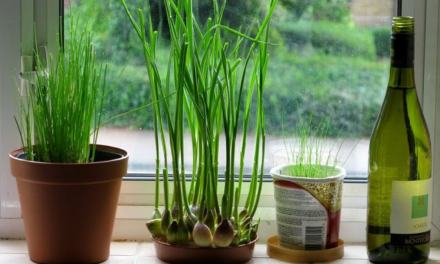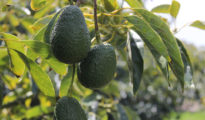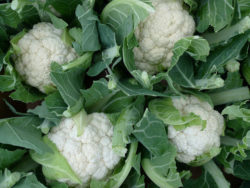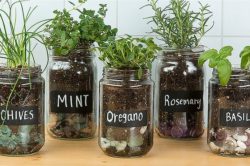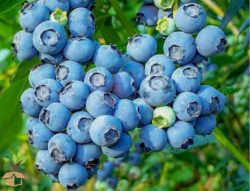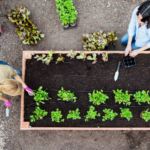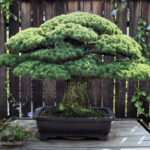Learn how to grow acorn squash in your garden with this easy to follow DIY gardening guide and you'll have your own acorn squash in no time! Acorn squash is a type of winter squash that gets its name from its acorn-like shape. It typically has dark green or orange skin, and its flesh is orange or yellow. Acorn squash is a good source of fiber and vitamins A and C. It can be cooked in a variety of ways, including baking, roasting, and steaming. When choosing an acorn squash, look for one that is heavy for its size and has dull, not shiny, skin. You can store uncooked acorn squash in a cool, dry place for up to two months. Once it is cooked, acorn squash will keep in the refrigerator for three to five days. Keep reading to learn how to grow acorn squash in your garden!
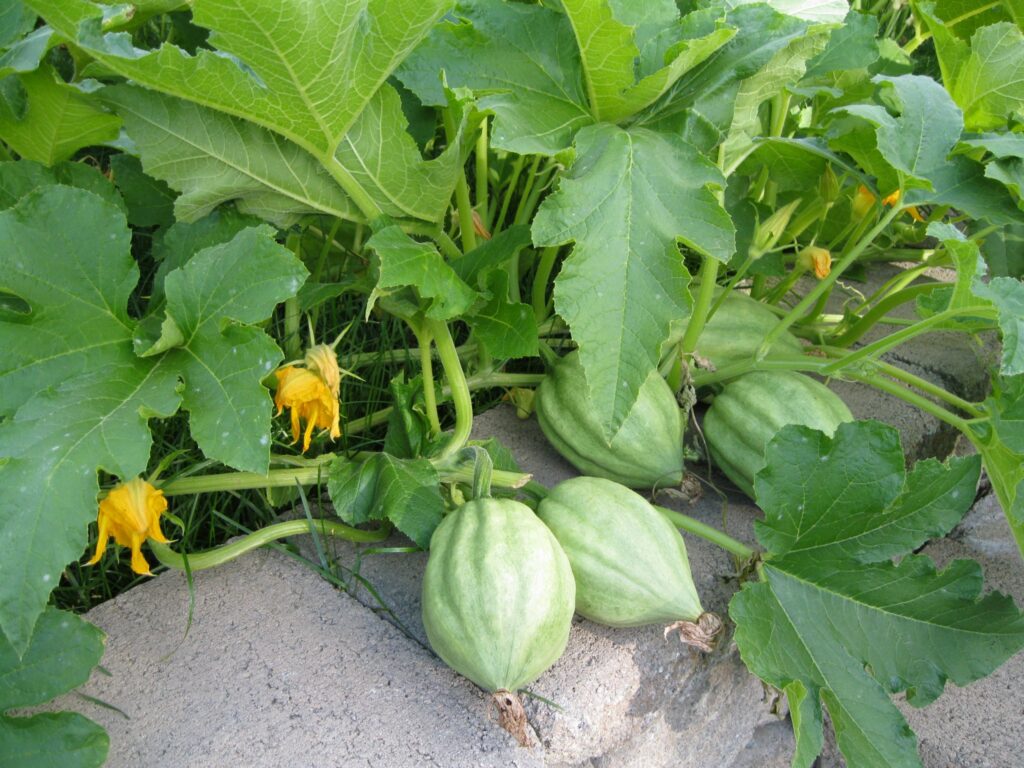
Is Acorn Squash the Same as Butternut Squash?
Acorn squash and butternut squash are both members of the winter squash family. They have similar nutritional profiles, and they can be used interchangeably in many recipes. However, there are also some key differences between these two types of squash. Acorn squash is smaller and more round, with a deep green color. Butternut squash is larger and more elongated, with a pale yellow or orange hue. When it comes to flavor, acorn squash is slightly sweeter than butternut squash. Finally, acorn squash has a thinner skin that is easier to peel, making it a good choice for dishes where the skin will not be eaten.
How to Grow Acorn Squash
Growing acorn squash is a rewarding experience that can be enjoyed by gardeners of all levels of experience. These versatile squash come in a variety of colors and sizes, and they have a rich, nutty flavor that is perfect for fall cooking. Best of all, they are relatively easy to grow, provided you give them plenty of space to spread out. Acorn squash need full sun and well-drained soil in order to thrive. They also benefit from regular watering, especially during the hot summer months. When it comes time to harvest, cut the squash from the vine with a sharp knife. With a little care and attention, you can enjoy a bountiful crop of acorn squash this fall.
First, find a sunny spot in your garden where the soil is loose and well-drained. Then, using a sharp knife, cut the acorn squash in half lengthwise. Next, scoop out the seeds and pulp from the center of each half. Once the halves are seeded, carefully place them in the prepared garden bed, making sure that each one is resting on its flat side. Water the newly planted squash well, and then keep the soil moist throughout the growing season.
When planting acorn squash, it is important to space the seeds at least 12 inches apart. The plants will begin to produce fruit approximately 80 days after planting. Once the fruits are mature, they can be harvested and eaten immediately or stored for later use. When the fruits are about 4 inches long, you can start harvesting them. To do this, cut the stem attached to the fruit with a sharp knife. Once the squash is harvested, it will keep for several weeks if stored in a cool, dry place. With a little care, you can enjoy a bountiful harvest of acorn squash all winter long.
Acorn Squash Pests & Diseases
The most common pests are aphids, cucumber beetles, and squash bugs. These pests can cause considerable damage to the plants, and can reduce the yield of the crop. Additionally, acorn squash can be affected by several fungal diseases, such as powdery mildew and downy mildew. These diseases can also lead to reduced yields. Fortunately, there are several ways to control these pests and diseases. For example, using row covers can help to prevent cucumber beetles from reaching the plants. Additionally, spraying the plants with a fungicide can help to control fungal diseases. With proper care, acorn squash can be a delicious and bountiful addition to any garden.
Companion Plants for Acorn Squash
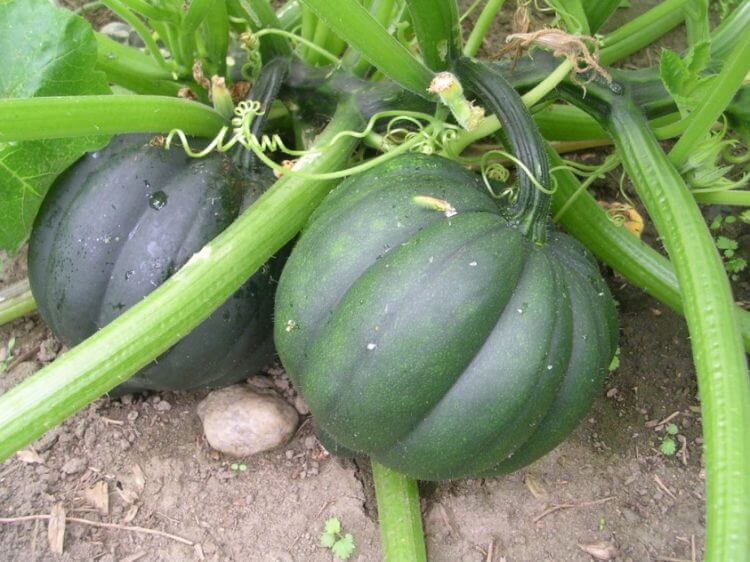
When choosing companion plants for acorn squash, look for ones that have similar growing requirements. Good companions for acorn squash include pole beans, cucumbers, and sunflowers. These plants will all thrive in full sun and well-drained soil. They can also be helpful in creating a natural support system for the squash vines. In addition, these plants are all pollinators, which will help improve the yield of your acorn squash crop.
The Health Benefits of Acorn Squash
Acorn squash is a nutrient-rich food that offers a variety of health benefits. This winter squash is a good source of vitamins A and C, as well as fiber and potassium. Vitamin A is essential for vision, immunity, and cell growth, while vitamin C helps to protect cells from damage and promotes healing. Fiber aids in digestion, and potassium helps to lower blood pressure. Acorn squash is also high in antioxidants, which can help to reduce the risk of chronic diseases such as heart disease and cancer. Additionally, this squash is low in calories and fat, making it an excellent choice for those looking to maintain a healthy weight. So go ahead and add some acorn squash to your next meal – your body will thank you!


